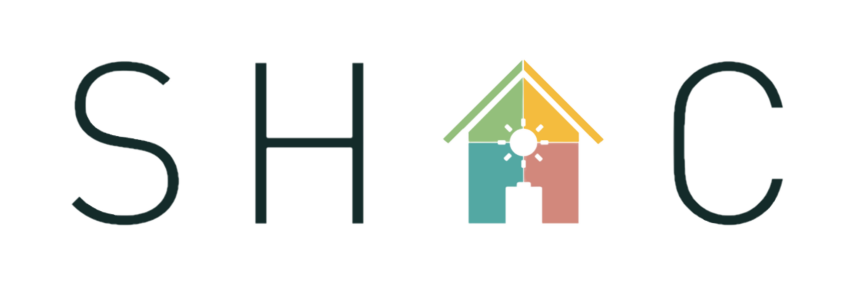All Projects
Current Projects
Sustainable Empowerment and Educational Development (SEED) Village
The Sustainable Empowerment and Educational Development (SEED) Village, composed of up to 30 residential units organized into clusters of about 10 units in addition to the SEED Center. This village will be an open system, evolving and adapting with its community, fostering a culture of creativity and diversity
Richmond Backyard Homes
The Richmond Backyard Homes program aims to maximize land use efficiency of sprawling, residential neighborhoods by housing homeless individuals in the backyards of single-family residences. We plan to pilot the City of Richmond’s ‘Tiny House on Wheels’ ordinance on a selected site in Richmond, CA. This program is especially critical with the onset of COVID-19, as overcrowded shelters are no longer feasible in the age of socially distancing. Our team is currently designing and constructing an affordable and scalable model of solar-powered, off-grid ‘tiny houses’ that will be built from locally-sourced and recycled materials, renewable energy and gray water filtration systems, and passive design strategies that mitigate its environmental impact.
SHAC Consulting
SHAC Consulting is a new branch and practice within SHAC that provides internal environmental and social consulting services and guidelines for the successful design and construction of sustainable and equitable affordable housing.
Past Projects
Constance's Bus
This project supports Constance Johnson and her two children Miracle and David, a loving family that were residents at a homeless shelter. Constance owns a transit bus that we transformed into a tiny house for her family to permanently escape homelessness. We were approached by the City of Richmond to help design and build tiny homes as part of a pilot program to create emergency relief housing for the city’s homeless population and met these wonderful people while creating a strategy of implementation with Greater Richmond Interfaith Program (GRIP), a community organization dedicated to serving Richmond’s homeless since 1966.
The mission was threefold: (i) to fight the inequality created through the SF Bay Area housing crisis by creating a cost effective, easily replicable tiny housing model that can provide transitional homes to marginalized groups in the homeless community, (ii) To combat the environmental damages of our societies’ overconsumption through promoting minimalist, sustainable dwelling units, and (iii) to provide skill training and quality local employment through a partnership with RichmondBUILD (Richmond’s academy for skills training programs).
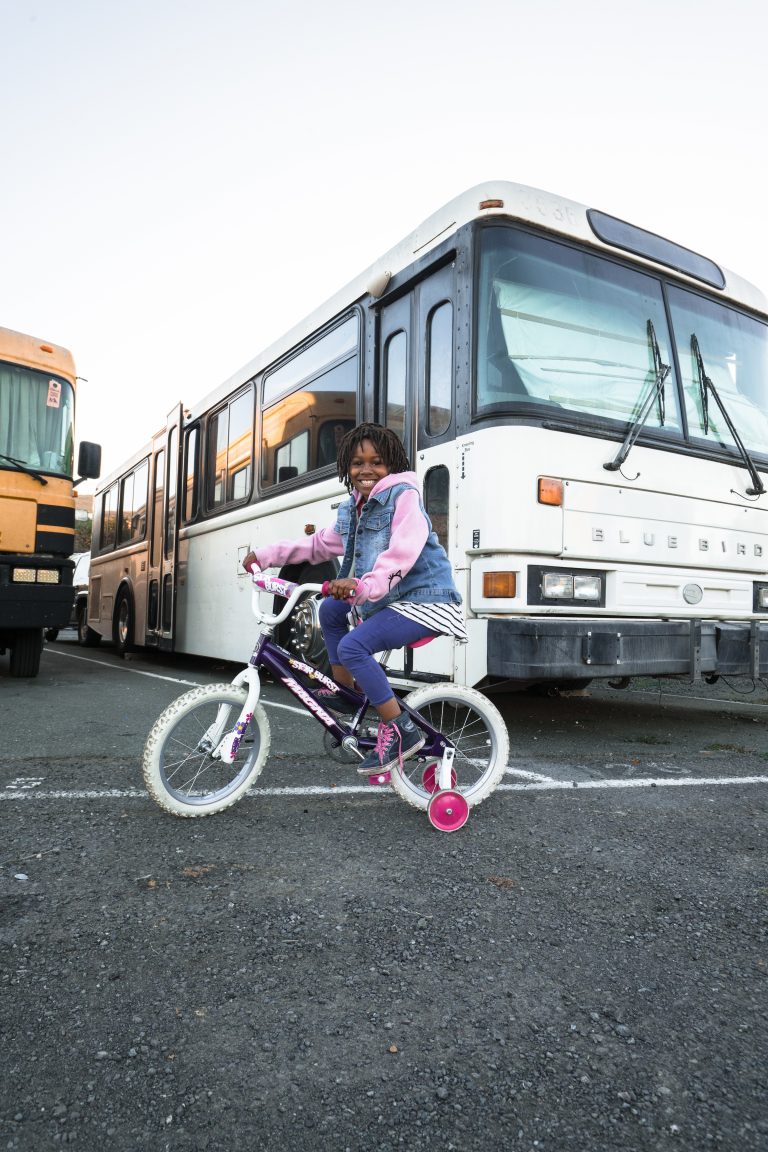
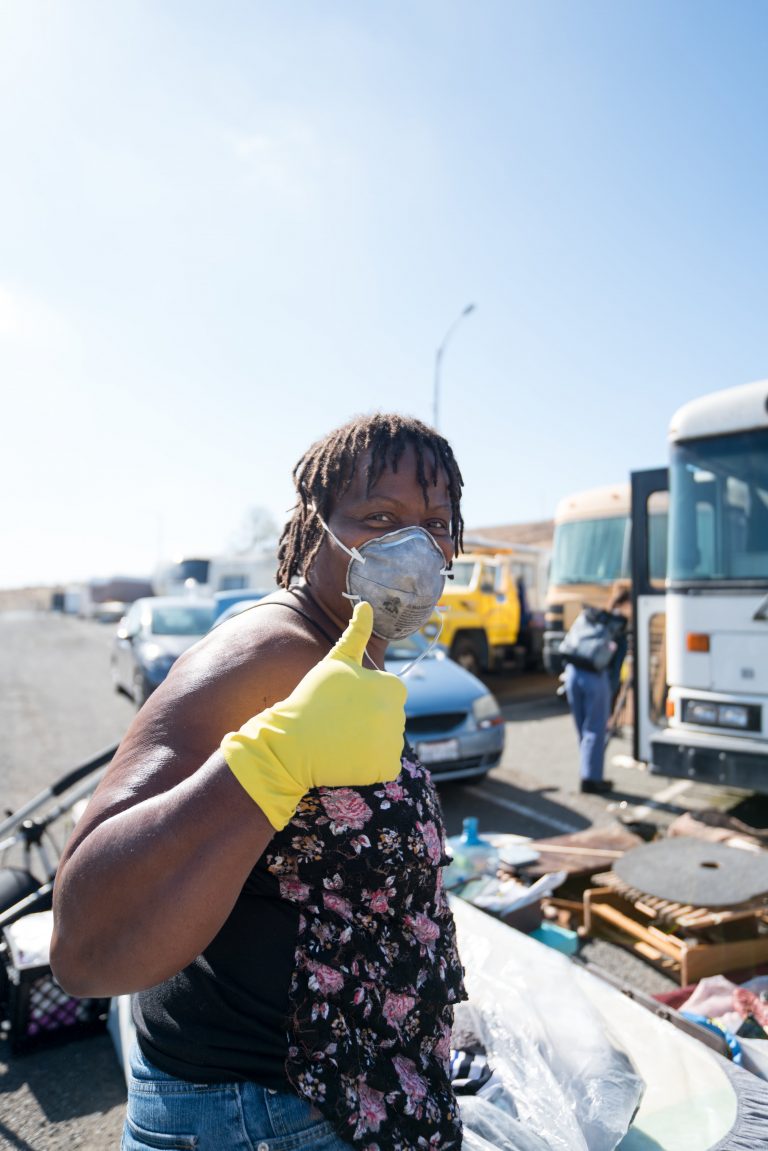
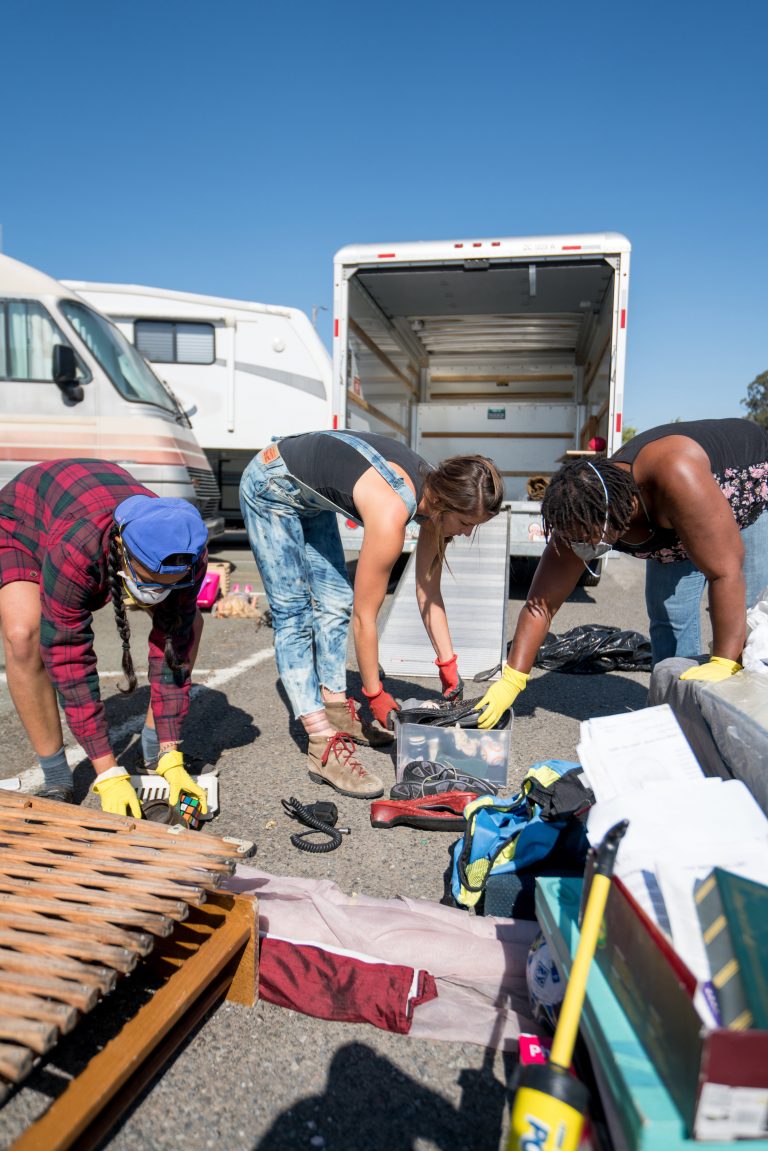
RISE (Solar Decathlon 2017)
The R I S ☰ home is a sustainable, net-zero house designed specifically for the densely populated areas of Richmond, CA. The design aligns with UC Berkeley and University of Denver’s commitments to public service and innovative social impact by creating a home that aims to combat the overcrowding and environmental challenges facing many Bay Area residents. Our approach emerged from an emphasis on practical, logical thought in design instead of elaborate technological systems. The R I S ☰ home is accessible for middle to low income families struggling with the Bay Area housing crisis. In Richmond, the overall cost of living is 20 percent greater than the national average, housing prices are on the rise (over 10% this past year), and air quality and water quality scores by the EPA are ranked significantly lower than the rest of the nation. Accordingly, we tailored our design to increase energy efficiency, improve air quality, and encourage community engagement. The RIS☰ home is a simple product that can create residential solutions that are inviting, stackable, and efficient.
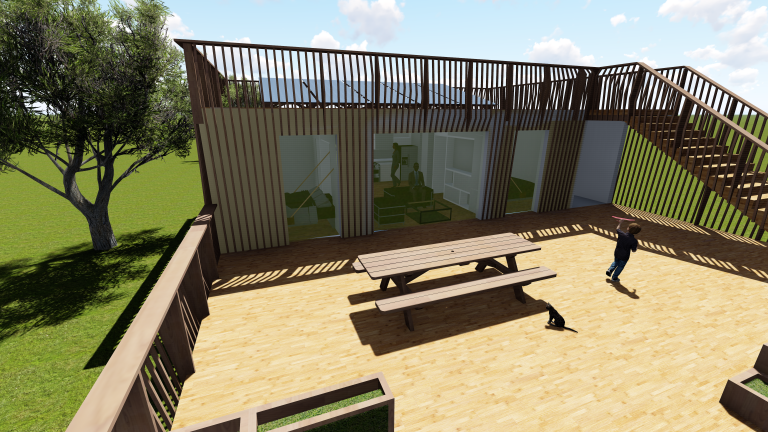
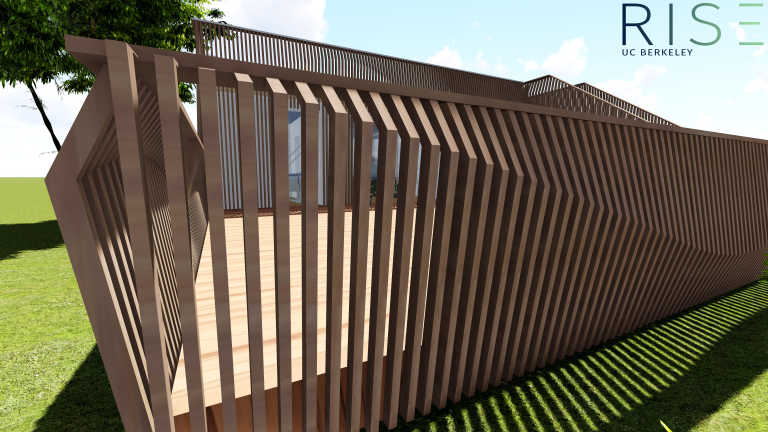
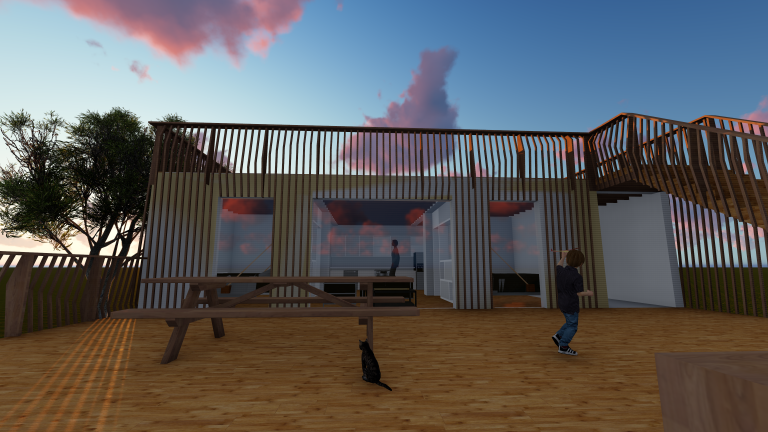
Tiny, Living Lab
We built an off-grid tiny house designed and built for the first-ever California Tiny House student competition, representing a frontier for energy and water efficient residential construction. It won 2nd place in the 2016 Sacramento Municipal Utility District (SMUD). The house, measuring at 18.5 square meters, can function completely off-grid, or connect to the grid and serve as a small power station during sunny summer months. As designed for 2-person occupancy, the house would produce savings of 89 percent total site energy use and 82 percent indoor water use compared to California residential averages. It is currently being used as a lab for research into sustainable living. We also achieved curricular integration at UC Berkeley through our educational outreach efforts, creating and teaching a Spring 2016 DeCal course on sustainable design.
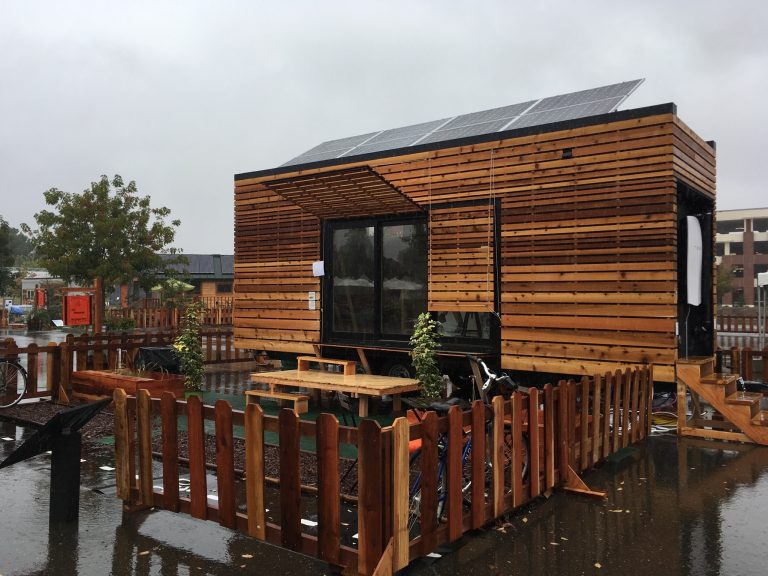
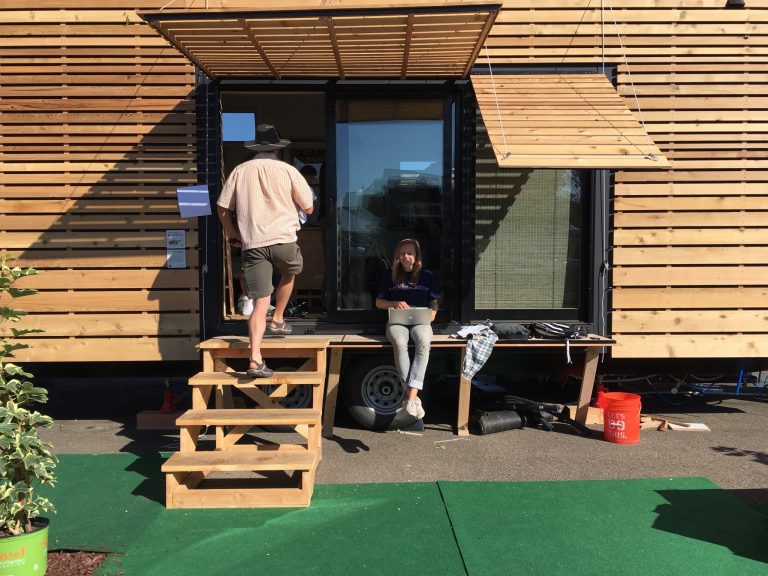
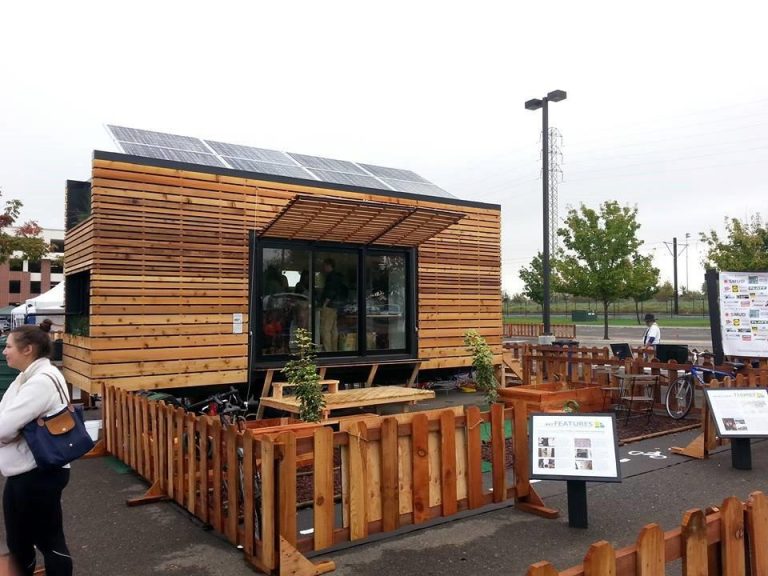
Sustainable Housing at Cal © 2022
